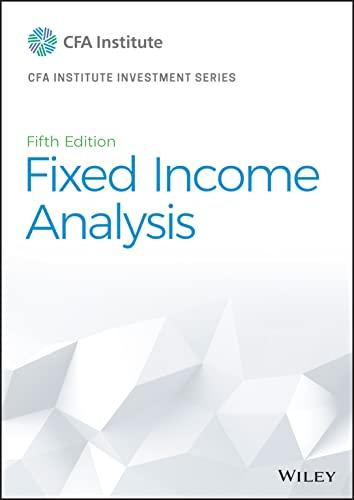A United Kingdombased financial analyst considers a Z-score model in evaluating two publicly traded non-manufacturing companies as
Question:
A United Kingdom–based financial analyst considers a Z-score model in evaluating two publicly traded non-manufacturing companies as follows:
Z-Score Model = 1.2 × A + 1.4 × B + 3.3 × C + 0.6 × D + 0.999 × E, where
A is Working Capital/Total Assets
B is Retained Earnings/Total Assets
C is EBIT/Total Assets
D is Market Value of Equity/Total Liabilities
E is Sales/Total Assets
Firms with a Z-score greater than 3.0 are considered financially sound, those scoring between 3.0 and 1.8 are at greater risk of financial distress, and those with a Z-score below 1.8 are likely to face insolvency.
Evaluate the most likely reasons for the difference in creditworthiness between the two firms based on the Z-score model factors.
Fantastic news! We've Found the answer you've been seeking!
Step by Step Answer:
Related Book For 

Question Posted:





